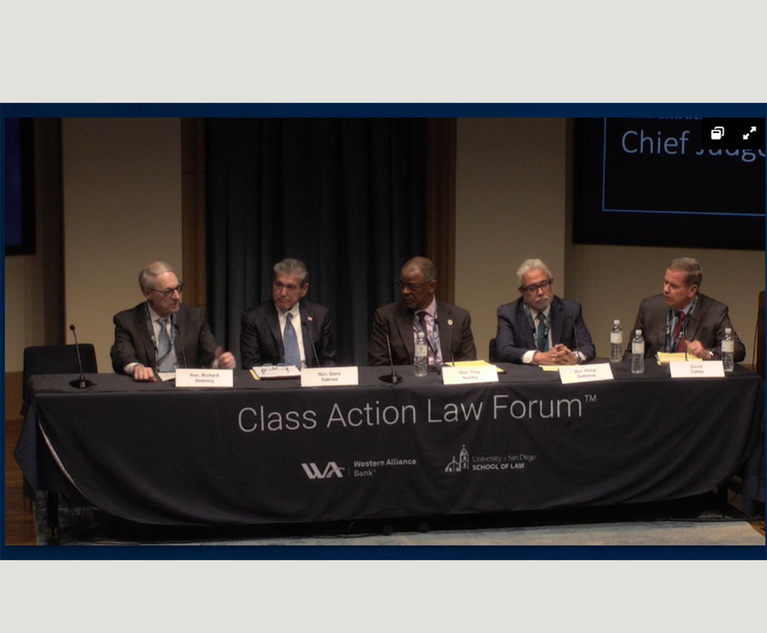Practitioners, listen up! You need to unlearn much of what you think you know about the law of insider trading. That law is changing—and quickly. In addition, new legislation has passed the House by an overwhelming margin and could conceivably pass the Senate this year.
Since Dirks v. SEC, 463 U.S. 646 (1983), the black letter law of insider trading has required the prosecution to show not just that a purchase or sale of securities was based on material, non-public information, but also a breach of a fiduciary (or similar) duty that involved a personal benefit being received by the tipper from the tippee. This “personal benefit” test was overbroadly extended in United States v. Newman, 773 F.3d 438 (2d Cir. 2014), which added some confusing language that made it more difficult (in fact, nearly impossible) to convict the remote tippee (who could seldom be shown to have known that the original tippee had received any personal benefit). As a result, many convictions, some after a jury trial, had to be overturned.


 John C. Coffee Jr.
John C. Coffee Jr.




